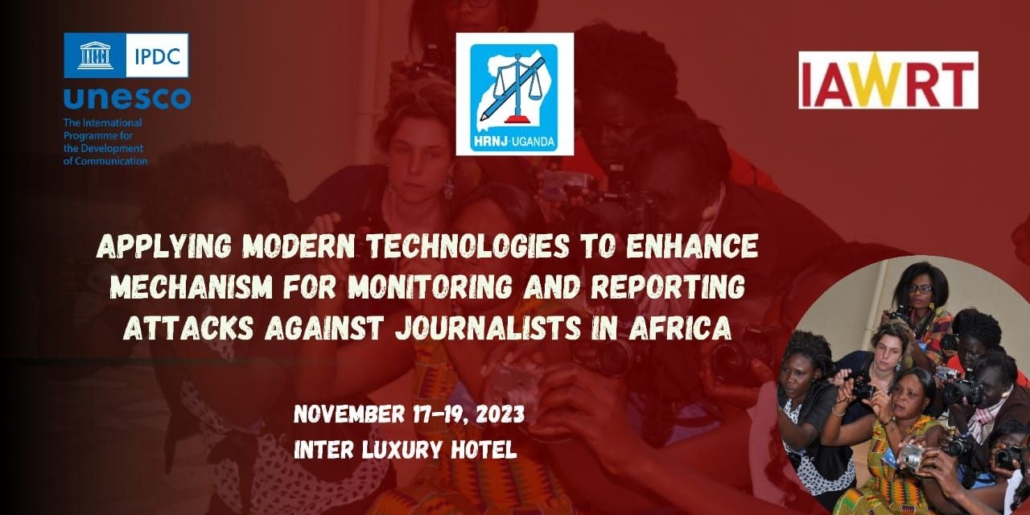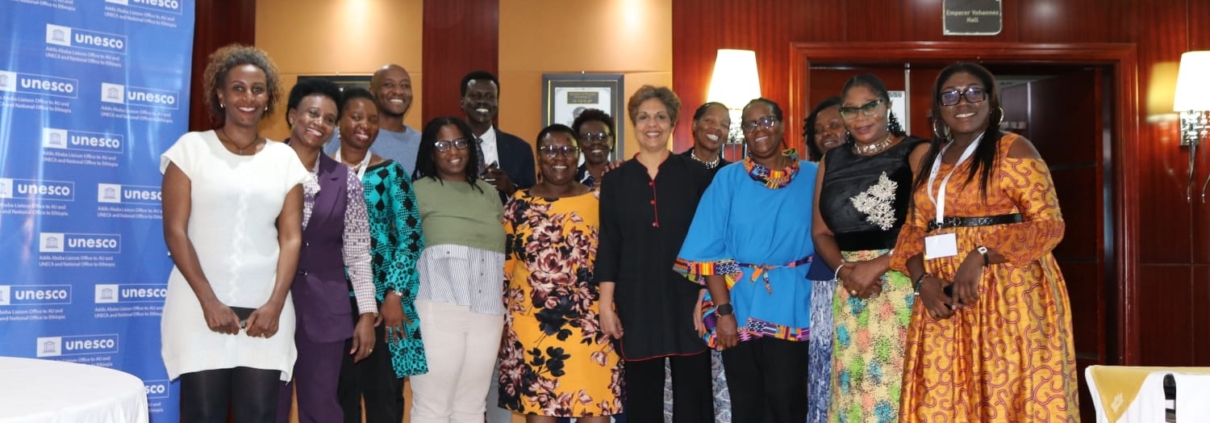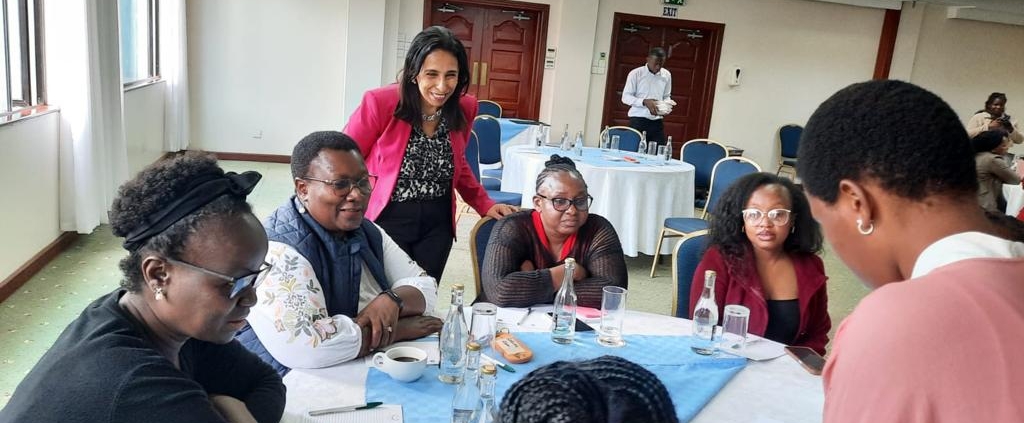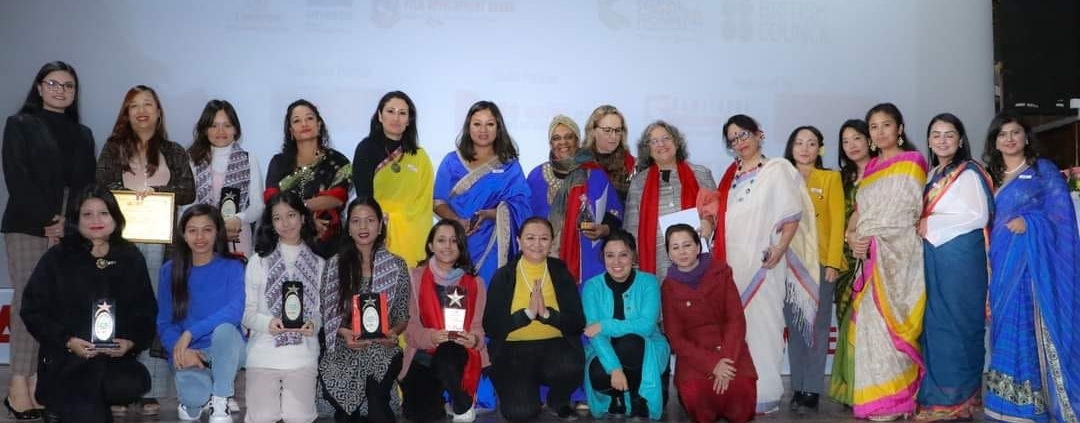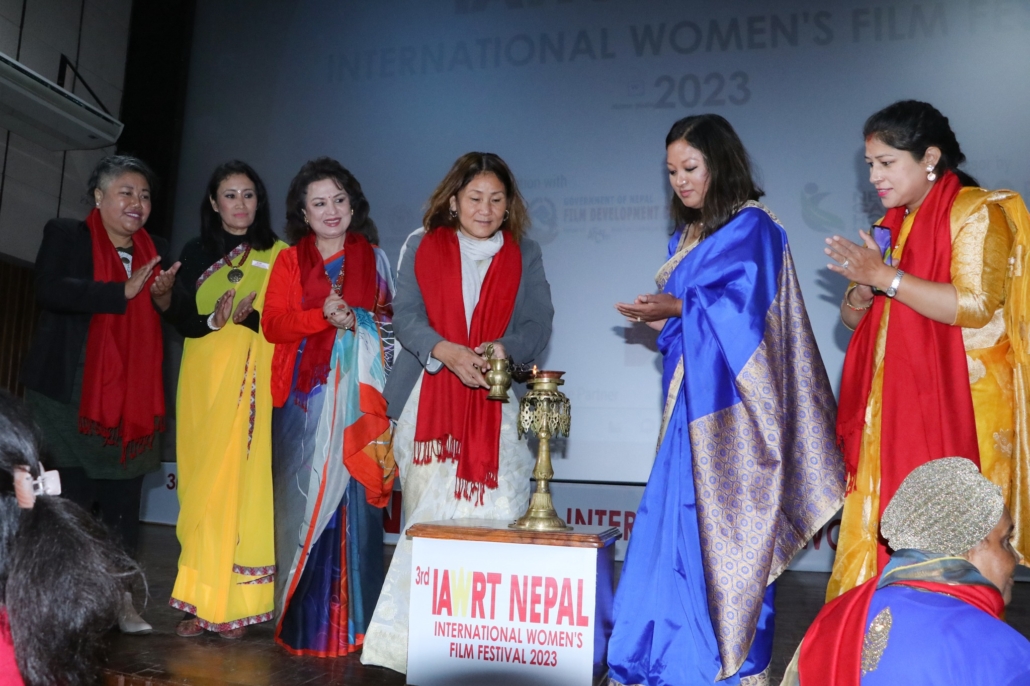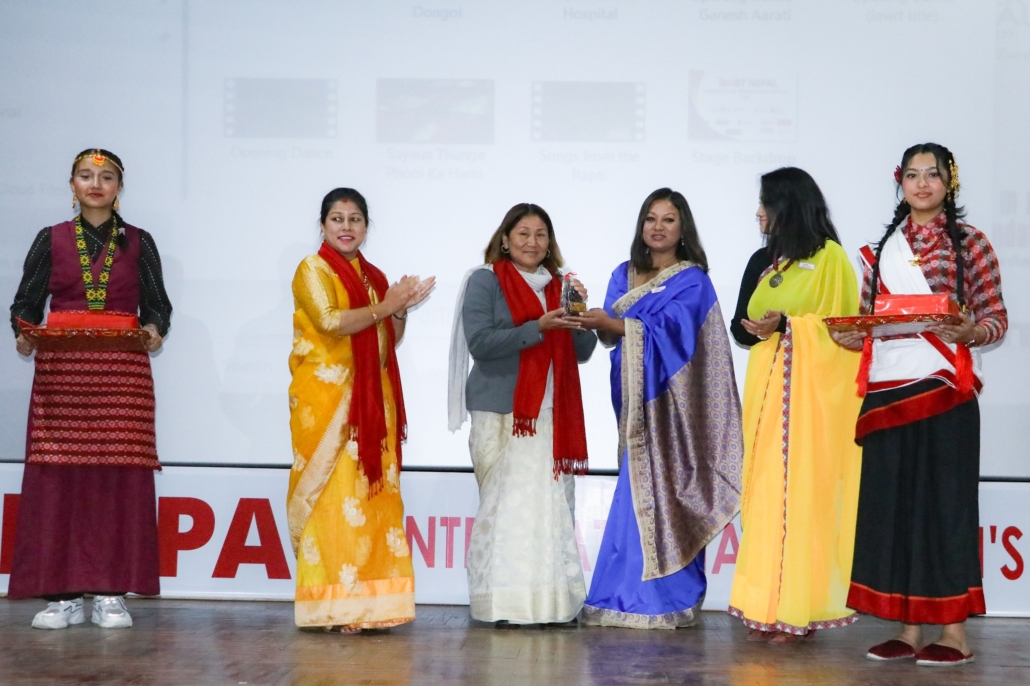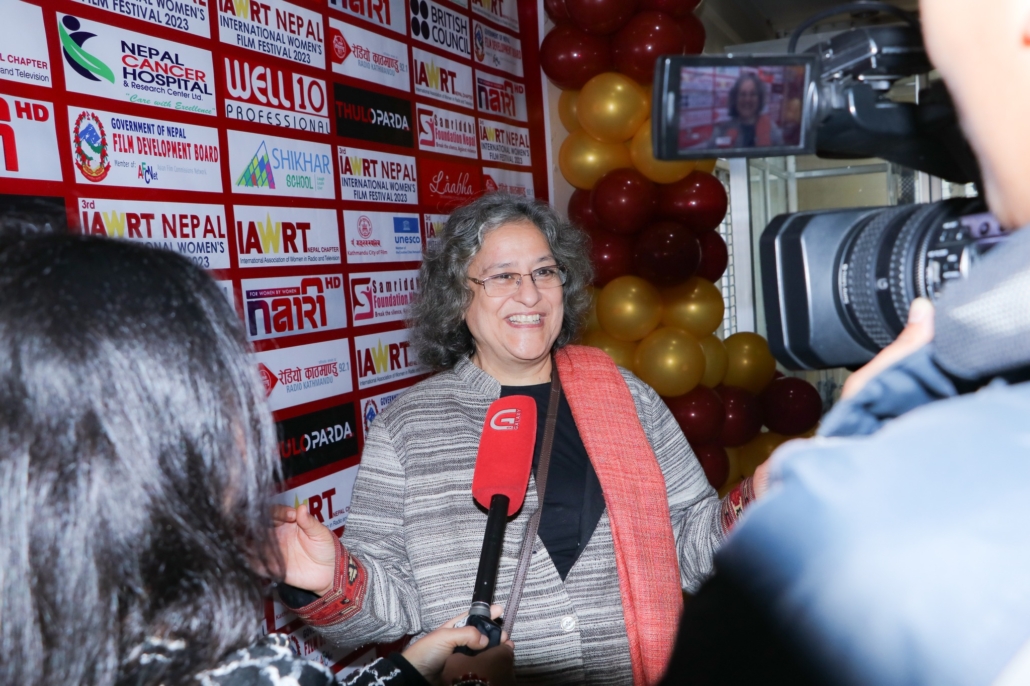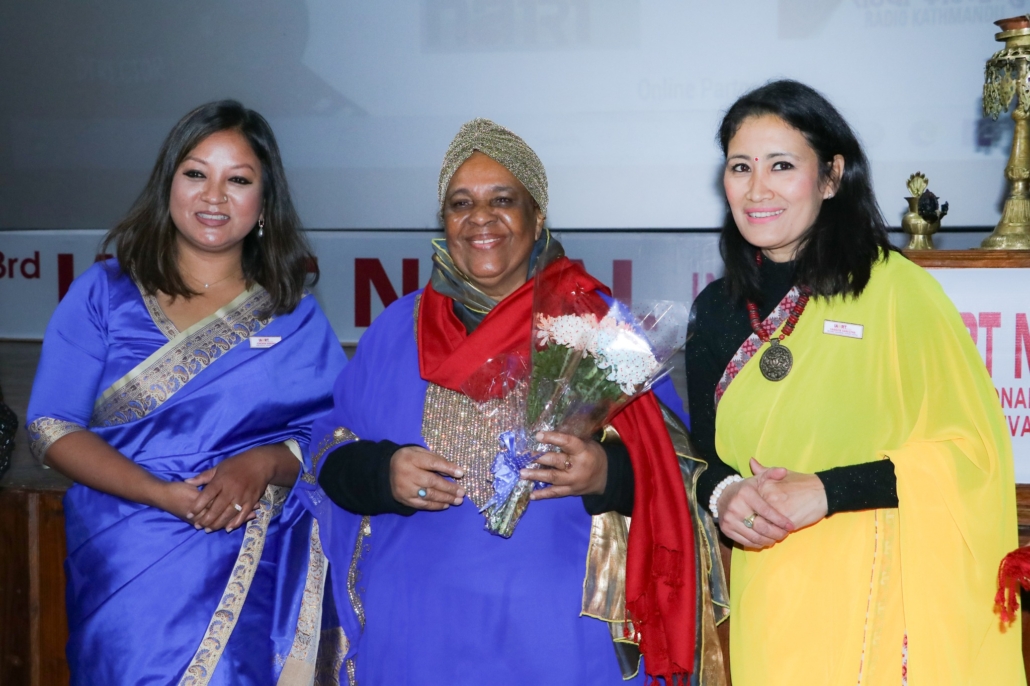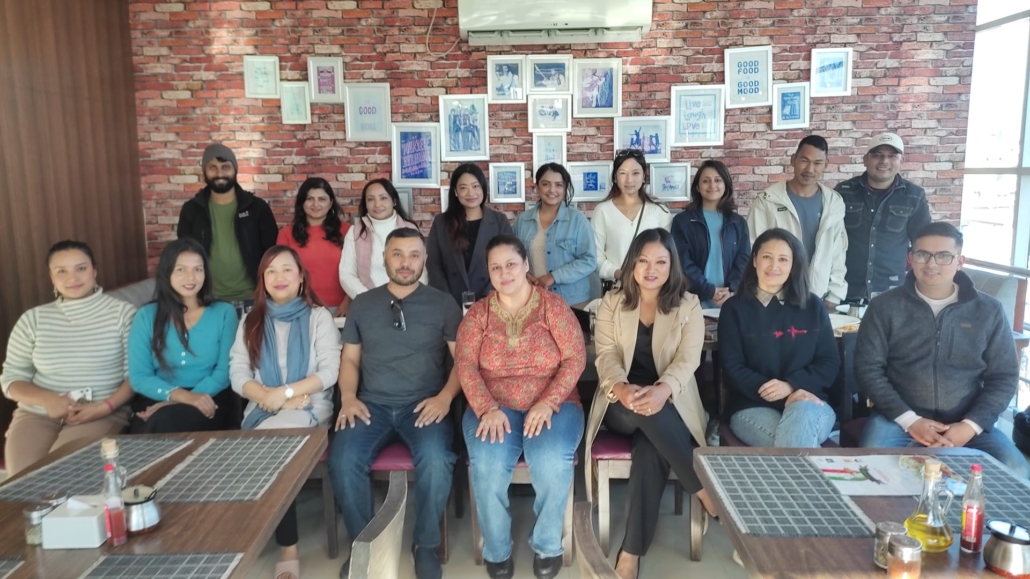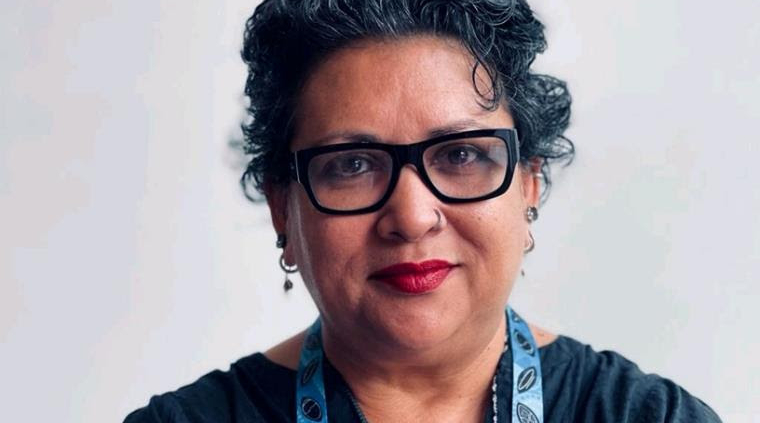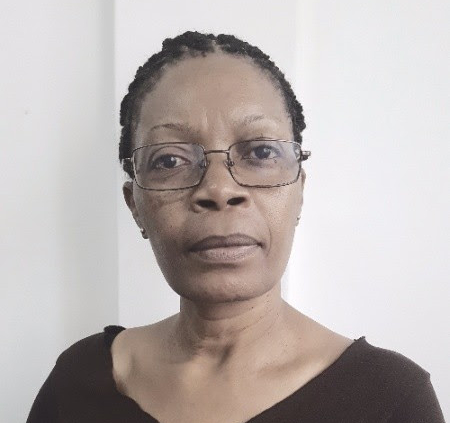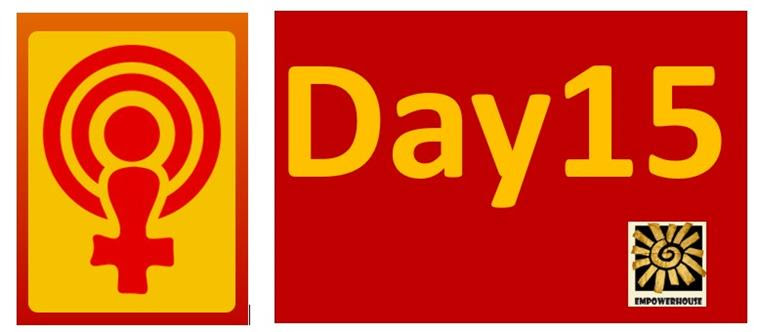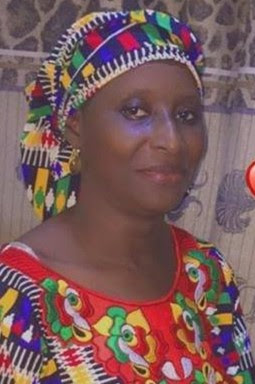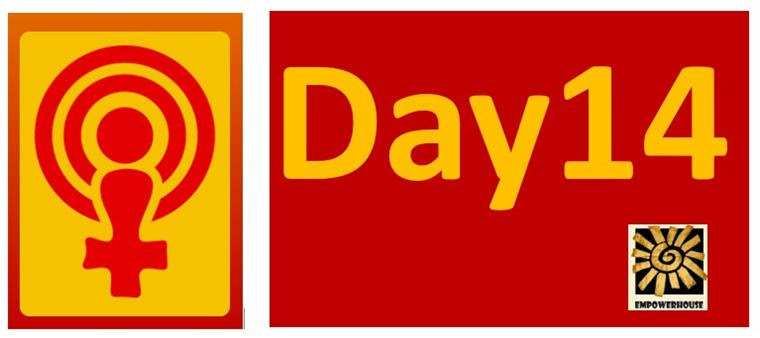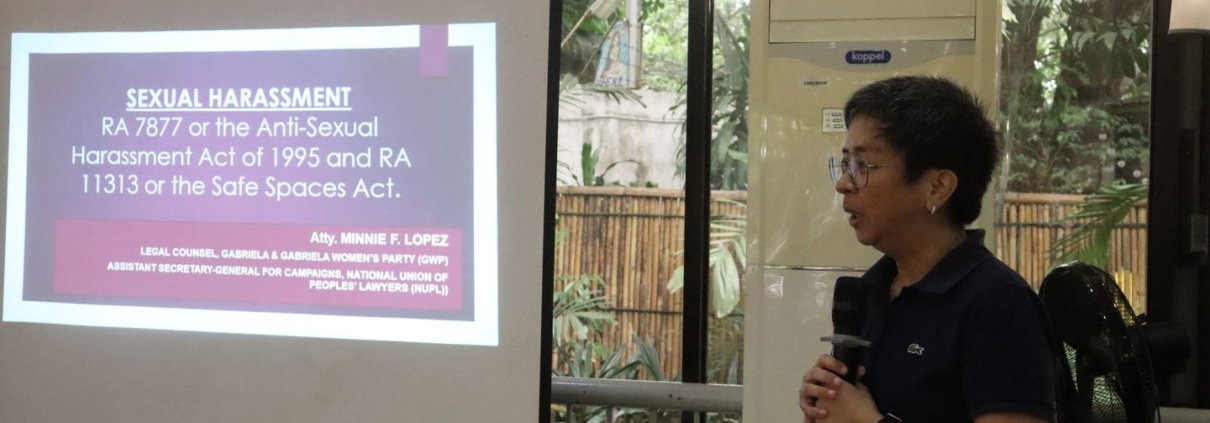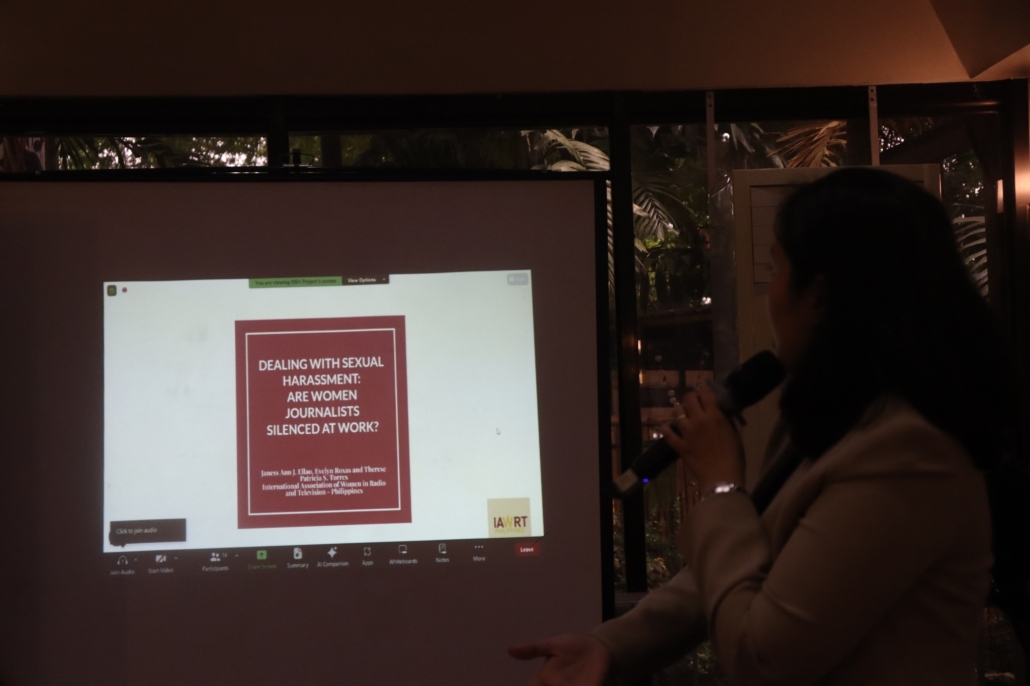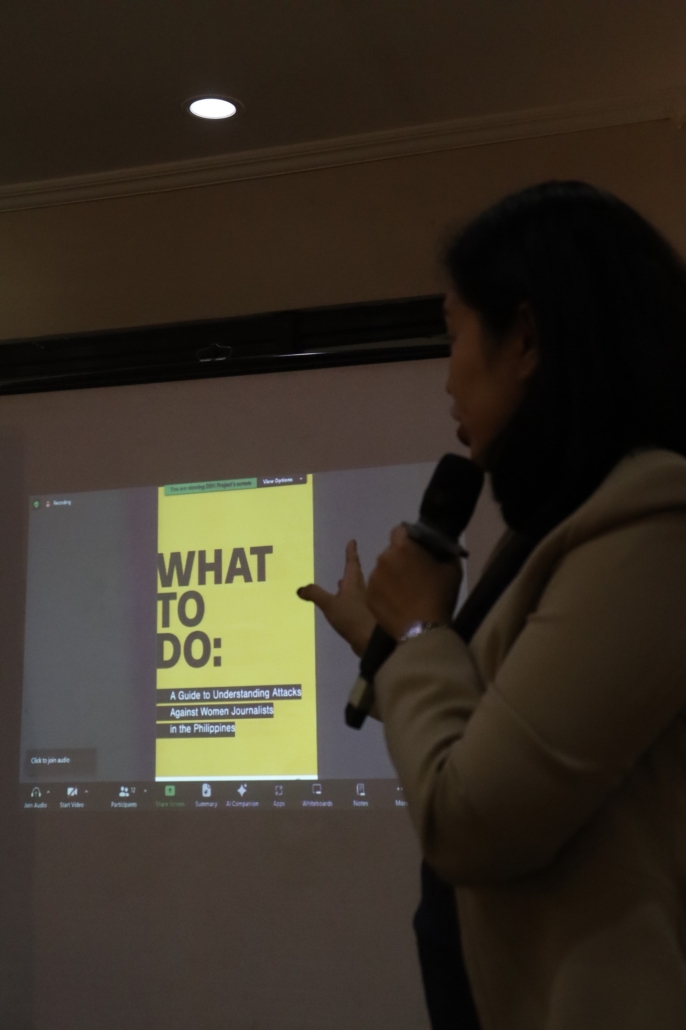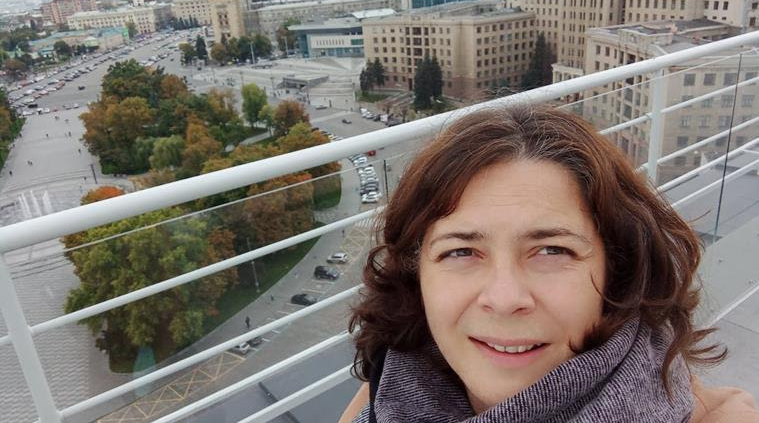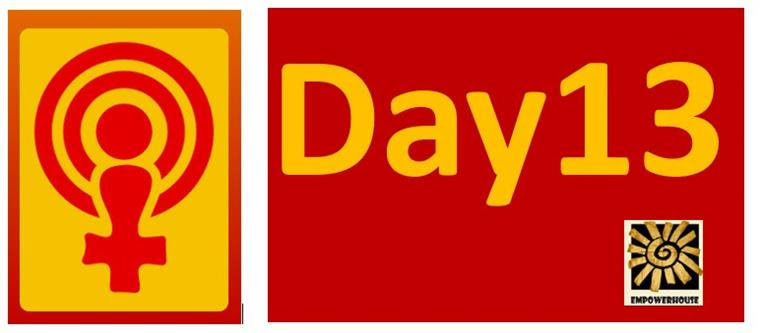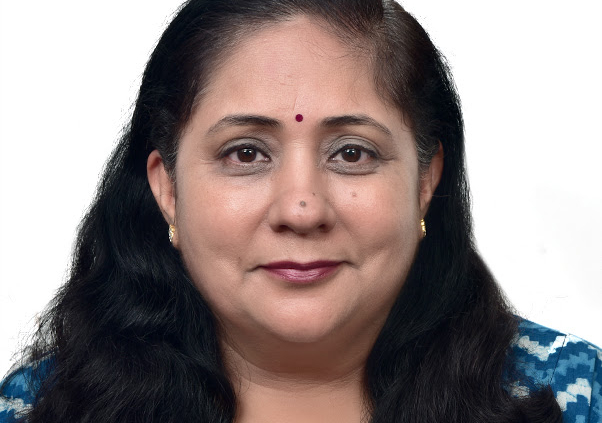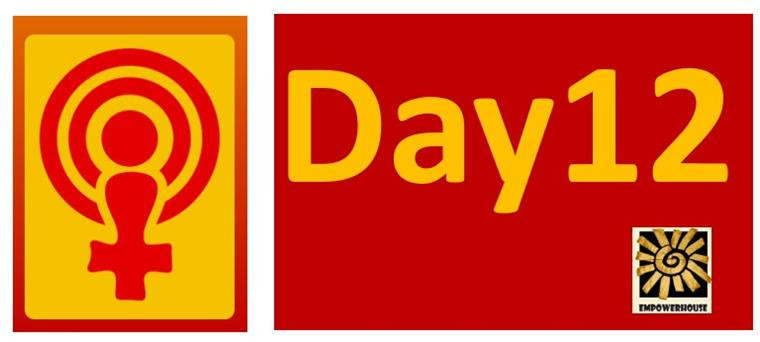by IAWRT Kenya
Every year since 2013, on November 2nd, journalists and media stakeholders across the world pay tribute to journalists killed because of their work, and raise awareness of the danger of impunity for crimes committed against journalists, in their line of work.
During the 2023 International Day to End Impunity for Crimes against Journalists (IDEI) and through the support of the United Nations Educational, Scientific and Cultural Organization (UNESCO) and the International Programme for the Development of Communication (IPDC), IAWRT Kenya (IAWRT-K) together with Human Rights Network for Journalists (HRNJ) were tasked to lead and find an innovative way of mapping and reporting on harassment and attacks against women journalists.
The meeting in Addis Ababa, Ethiopia brought together journalists from five regions in Africa, namely East, West, South, North and Central Africa. IAWRT-K allowed its members in Africa to apply and be part of the training. Former IAWRT President Racheal Nakitare, IAWRT Kenya chapter head Josephine Karani and a representative from HRNJ, a co-lead from Uganda were among the attendees. Over 70 applications were received from all regions in Africa, but only 10 slots were opened.
Speaking at the opening of the training of trainers, Dr. Rita Bissoonauth, Director of UNESCO Liaison Office to AU and UNECA and Representative to Ethiopia expressed the importance of the safety of journalists to freedom of expression, the rule of law, and the development of democratic societies in Africa.
“I urge you to continue joining efforts with UNESCO in supporting the regional and national mechanisms for monitoring and reporting attacks against journalists in Africa, and to work together to create a safe and enabling environment for the journalists to perform their essential work without fear or interference,” said Dr. Rita Bissoonauth.
IAWRT and HRNJ are in the process of accomplishing tasks to ensure there is a model in place to monitor and report attacks on journalists using modern technologies such as Artificial Intelligence (AI), Ushahidi crowdsourcing map with special focus on female Journalists, as well as developing tools and rolling out data collection methods in the five African regions with at least two focal persons per region.
This task was due to the upward trend of increased online violence against journalists. Many journalists face violence due to their work and even in the line of duty. Violence at any level is to be strongly condemned whether it is trolling on social media or physical violence that may lead to hospitalization or death.
In 2023, UNESCO released a fact sheet on “Safety of Journalists particularly threatened during elections.” The data collected between January 2019 and June 2022 revealed that 759 journalists and media professionals were attacked, 42% (320) of whom were attacked by law enforcement agents, and 29% of attacked journalists (218) were women.
Dr. Rita Bissonauth said, “We are alive to the fact that female journalists are particularly vulnerable to gender-based attacks, such as sexual harassment, rape, and online abuse, which often go unreported and unpunished.”
Part of the plan being enforced includes laying the foundation for incorporating the Iraqi model (in 2024) which monitors and reports violations to police, lawyers and judges in real-time with the view of finding remedial measures to each threat. The team benefitted from an online training from Mr. Dhea Bubhee of UNESCO who shared the Iraq model.
During the three days of training in Addis Ababa, the attendees were taken through various topics such as the Safety of Journalists and combating impunity on crimes against journalists in the digital age, Access to Justice for Human Rights violations with special reference to Journalists, Digital Transformation: Emerging media trends – AI & Journalism and Understanding the Iraq mapping model among others.
On the final day of the training, Mr. Mwendwa Kivuva of Kenya ICT Network (KICTANet) took the trainees through a practicum where they had to monitor and map cases from all perspectives. The team was able to lay the foundation for incorporating the Iraqi model, launching the mapping, and deciding on the way forward.
